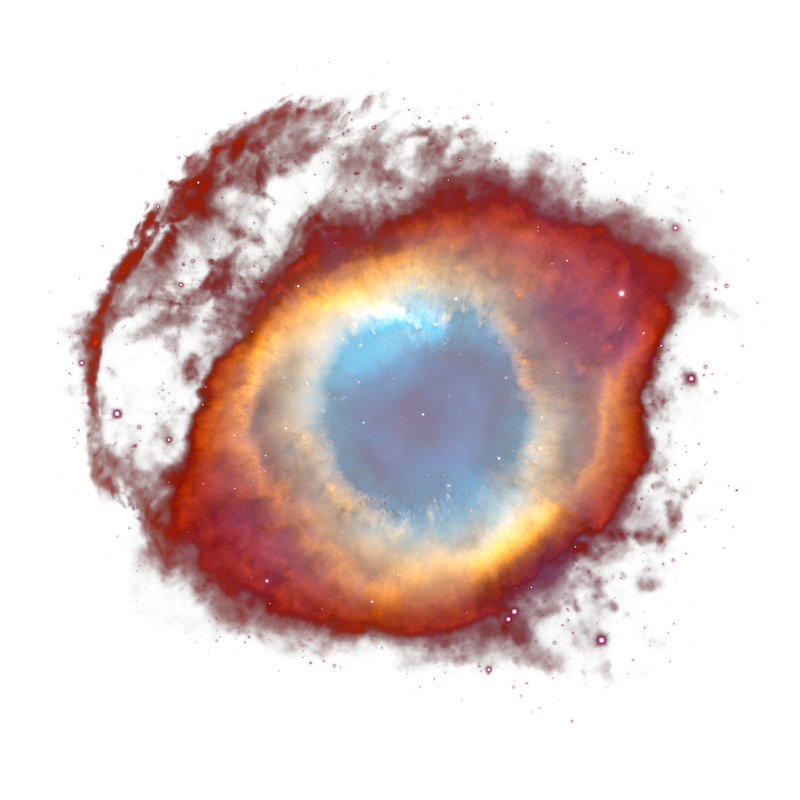There are currently two major approaches to calculating how fast our universe is expanding.
The first approach is to measure the remnant light left over from the Big Bang, which is still traveling across the universe. This radiation, known as the cosmic microwave background, informs astronomers about what the conditions were like at early times in the universe.
Freedman, the John and Marion Sullivan University Professor in Astronomy and Astrophysics, specializes in a second approach, which is to measure how fast the universe is expanding right now, in our local astronomical neighborhood. Paradoxically, this is much trickier than seeing back in time, because accurately measuring distances is very challenging.
Freedman’s latest calculation, which incorporates data from both the Hubble Telescope and the James Webb Space Telescope, finds a value of 70.4 kilometers per second per megaparsec, plus or minus 3%.
That brings her value into statistical agreement with recent measurements from the cosmic microwave background, which is 67.4, plus or minus 0.7%. The work is published in The Astrophysical Journal.


